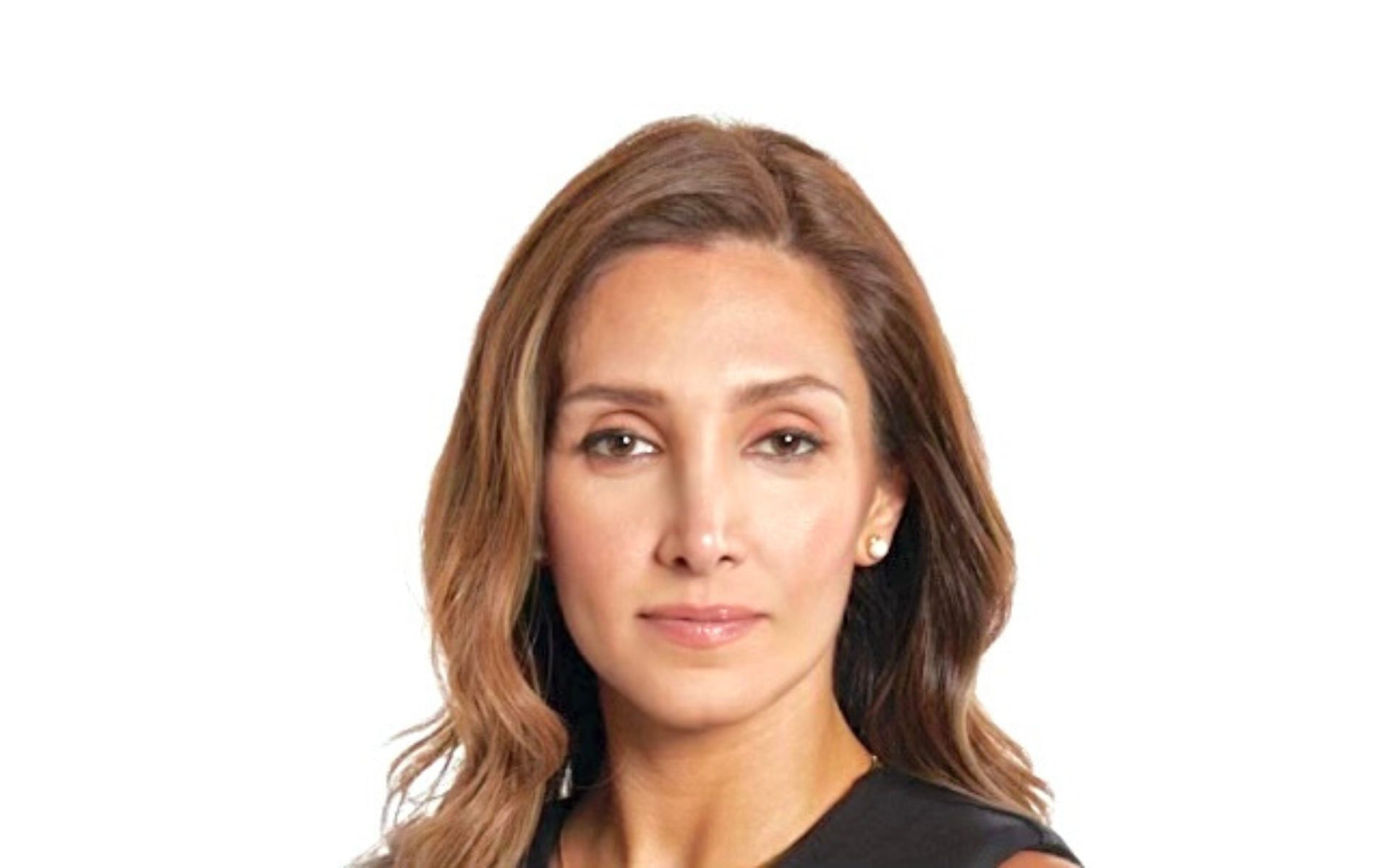Meet the researcher: Dr Neda Mohammadi
Dr Neda Mohammadi is a Sydney Horizon Fellow and Senior Lecturer in the Faculty of Engineering at The University of Sydney. Dr Mohammadi is a leading scholar of AI-enabled digital twins for smart cities and communities. Her research advances engineering decision making for sociotechnical systems, with a strong emphasis on how complex human–infrastructure systems and human behaviour shape, and reshape, one another.
Dr Neda Mohammadi. Credit: Supplied
Tell me about your interest in smart cities and digital twins.
I’m drawn to the way digital twins make complex systems tangible. They let us bring the physical and digital worlds together in impactful ways; test scenarios before committing, and course-correct before changes solidify in undesired directions. I’m motivated by making complexity understandable and improvable, and digital twins give us a powerful way to do that.
How do you use sensors in your work, and why?
Sensors are the bridges between reality and data. In my work, they’re how we capture the pulse of a system. They give us the raw truth and feed the feedback loops, which makes the insights we generate when we layer and analyse them more grounded and reliable. They’re how we make invisible dynamics visible, something we can act on.
What’s been your most rewarding achievement or moment in your research career?
The highlights are where innovation meets impact. Knowing that ideas didn’t just stay on paper but improved outcomes for people, through collaboration of diverse expertise and insights, and that’s where the most complex challenges also live.
VIDEO: Dr Neda Mohammadi was the chief investigator on a project in Portland, Oregon, that turned schools into Community Resilience Hubs—safe, trusted places for residents to access resources before, during, and after disasters. By creating a digital twin of local infrastructure and services with community sensing, the project tested how connectivity, power, mobility, and emergency support could be better shared across neighbourhoods, ensuring faster, more equitable disaster response.
What more are you hoping to achieve in your career?
My focus is on advancing what’s possible in the way digital and physical systems work together, and on how we model and manage complexity at scale. I also see it as part of my role to mentor the next generation of thinkers who will take it further. For me, success is creating systems and insights that last beyond my own projects.
Why is what you do important?
In high-stakes projects that live in uncertainty, clear visibility is power. Digital Twins let us explore many possible futures, learn from each measurement, and converge on the best decisions, only when the evidence is strongest. In a way, this turns uncertainty into an advantage, enabling better timing, smarter investment, and more resilient systems.
Dr Mohammadi is a member of the speaker panel at the next NSSN Women in Sensing forum at the Sydney Knowledge Hub on Tuesday, 16 September from 12pm. Register here.

